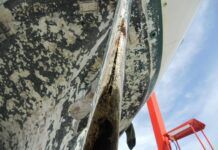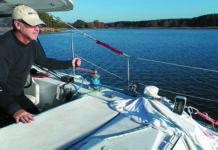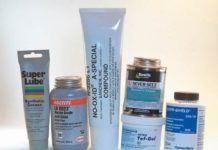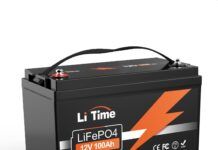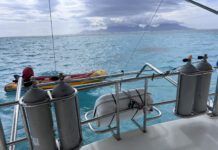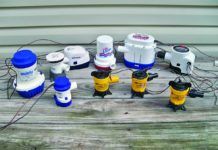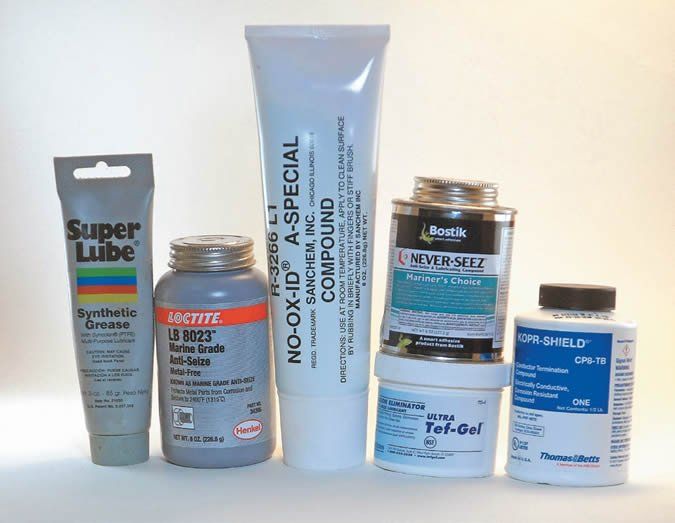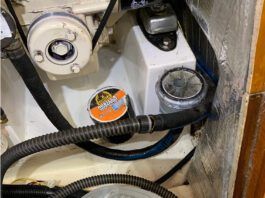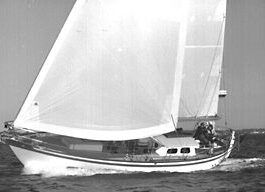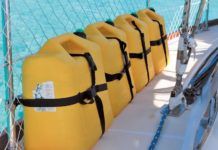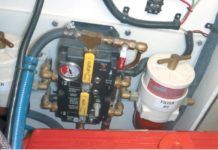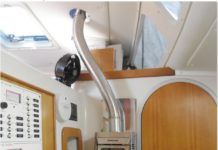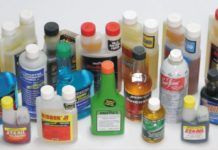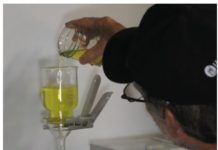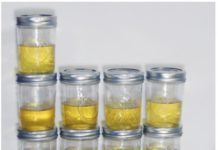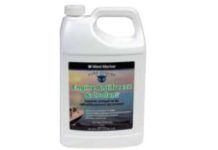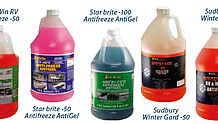Jerry Can Storage Tips
Jerry cans are a fact of life when cruising on small to mid-size cruisers. When fitting out our 37-foot cruiser for an extended trip...
Dealing with Bad Diesel
About this time of year, many of our readers will experience a gradual loss of engine power, maybe even a complete shut down. Theyll...
Playing it Safe with LPG Heat
Unlike many sailors, Practical Sailor contributor Drew Fryes version of sailing occurs in any weather where the water isn't frozen. So when his family...
Additives vs. Gum, Sludge
If we used our boats like the family car, back and forth to work each day, fuel would never sit for more than a...
Testing Boat Fuel Stability in Diesel and Gasoline
We followed standard boat test methods for storage stability. Diesel was tested using ASTM method D 4625, Standard Test Method for Middle Distillate Fuel...
Reduce Gasoline Evaporation in Boats with These Tips
Sometimes it is not what has been added to your fuel that matters, but what is missing. The most obvious difference between gasoline and...
DIY Engine Oil Tests
Photos by Drew Frye
Sailors obsess over the health of their engine; it is the heart of the boat (other than the rig, sails, and...
Coolants that Fight Corrosion
West marine Pure Oceans CoolantA propylene glycol-based, light-duty coolant, West Marines Pure Oceans Engine Antifreeze and Coolant performed admirably in our glassware corrosion testing....
ASTM D1384 Serves as Model for Testers
Samples were tested for corrosion protection following the ASTM D1384 Corrosion in Glassware method (www.astm.org). Samples were diluted to 33-percent glycol, dosed with ASTM...
PSs Top Picks for Winterizing
Protecting marine water systems from freeze damage is a deceptively simple goal. The terminology and various product claims can be confusing, and what seems...








